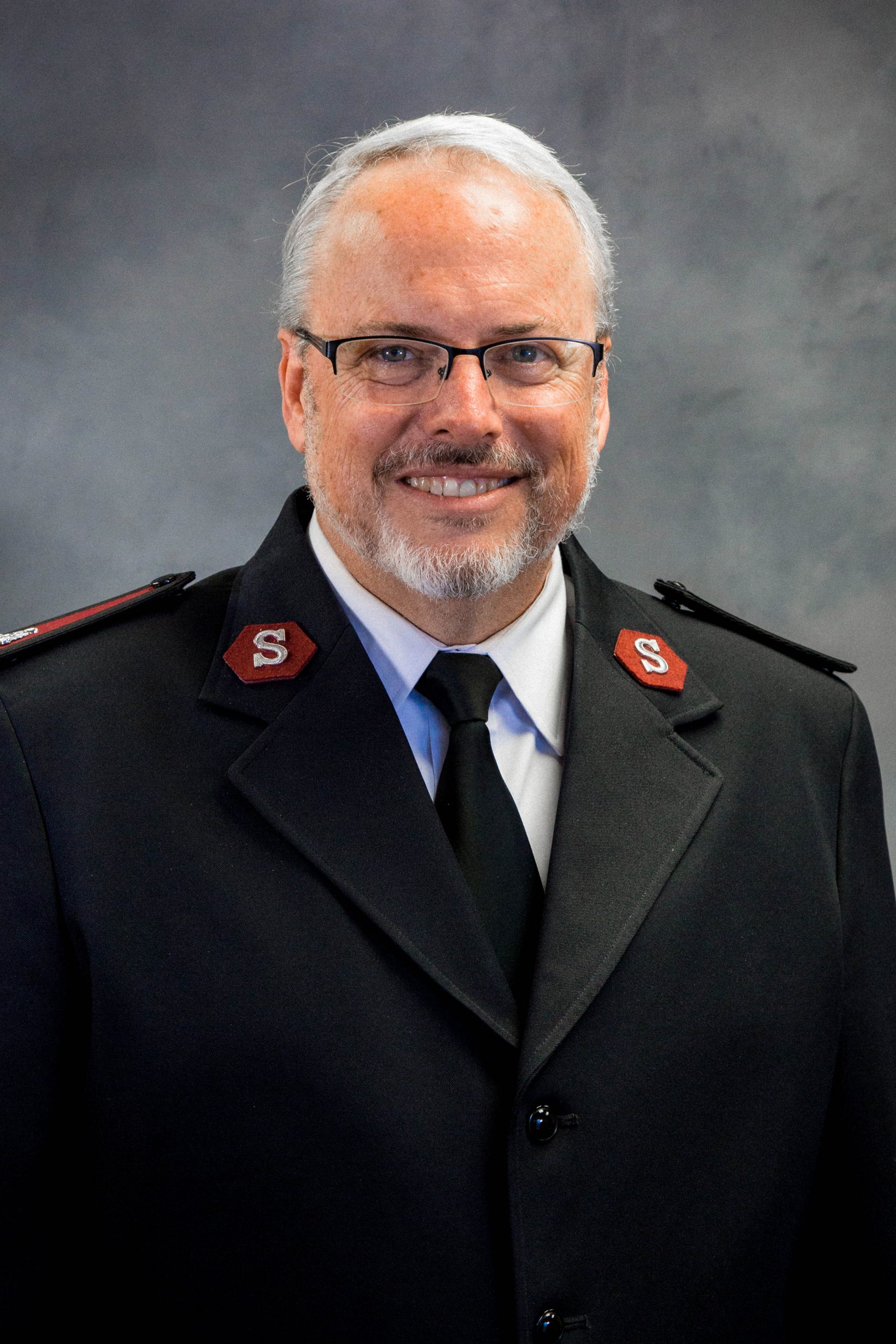“If there is anything of power in The Salvation Army today,
it is because God has had all the adoration of my heart,
all the power of my will, and all the influence of my life.”
-William Booth
For the first three centuries of the church’s existence, the fledgling Christian fellowship lived and worshipped as social outcasts who often found themselves in mortal danger. During this dire and yet dramatically growing period of church history, the idea of Christians and popular culture ever marching together in harmony would have seemed like fantasy. The believers who were standing on the floor of the coliseum singing praises to God as they watched the lions closing in on them must have believed that the church would forever remain a persecuted remnant. That is, until Christ returned.
And then, WHAM!! Like a bolt out of the sky, a miracle occurred which would dramatically change the course of church history. The person at the center of this miracle was the Roman emperor Constantine. After his military victory at Milvian Bridge in 312 A.D., Constantine declared Christianity to be the preferred religion of roman society. Along with this declaration of Christianity’s religious supremacy, Constantine placed himself as the theological and administrative leader of the Church. In the blink of an eye the state, society, and the church merged as close companions creating the primary driving question of, “How can we model the church to make the Christian faith relevant and attractive to society?”
During the subsequent centuries of societal favor, the church underwent a complete makeover. Instead of meeting for worship in tombs and houses, the fellowship began meeting in pagan temples which had been transformed into large ornate churches. Worship liturgies and doctrinal statements were written under the eye of secular political leadership, seasonal observances took the place of traditional pagan holidays, and priests became powerful leaders within their communities. As time has moved forward into the 20th and 21st centuries, the Christian Church’s favored status within society has been increasingly displaced by the emerging self-aggrandizing religion of Secular Humanism. Humanists place each person on their own throne and state that God is not necessary for living an ethical and moral life. If there is any spiritualism expressed through this philosophy, it generally manifests as a pluralist view of the world which posits that all religions are equal.
In response to humanist religious growth and corresponding Christian congregant decline, the church has worked to transform itself into an even more attractive entity. This seeker-sensitivity model of entertainment and casual dress has sustained our Western church life over the past few decades. The fastest growing congregations have been those which have presented the gospel packaged along with the best entertainment. However, there is a danger when the followers of Christ desire to be socially attractive as the surrounding culture becomes increasingly hostile to orthodox faith.
For the Army,
- ministering within a society that is becoming increasingly antagonistic to Biblical standards;
- where internal parts of Christ’s church body love compliance with societal norms more than they love Biblical truth;
- where the freedom and acceptance of people indulging in open sexual expression becomes more important than living a disciplined life as a sacrificial offering of our faith,
We who are wearing the uniform are placed in a position of having to decide who we will be.
Will our movement adhere to its Biblical moorings or compromise itself to remain popular and attractive to the world? For those who decide to break away from seeking to adhere to societal norms, the driving question becomes, “How do we minister as biblically based Christians within a hostile Secular Humanist society?”
For those who want to follow along with culture, they will have to wrestle with how to reconcile remaining attractive to people who, “Call evil good and good evil, who put darkness for light and light for darkness, who put bitter for sweet and sweet for bitter (Isaiah 5:20)?” When the German church faced a societal crisis with the introduction of Hitler’s Arian doctrine before the outbreak of WWII, most of the church decided to follow society and accept this new antisemitic social norm. The majority church even went so far as to flying the Nazi flag within every church and placing the swastika on the altar crosses. It was Dietrich Bonhoeffer, along with minority of the church that stood up and planted the flag of biblical orthodoxy.
Standing on a firm biblical foundation amid an increasingly hostile secular society takes tremendous courage of heart. Those who stand first and foremost on a scriptural foundation will likely become the targets of persecution. Some of the verbal attacks will even originate from others within the fellowship who believe that remaining tethered to society is itself a form of righteousness. Standing firm on the Word of God in the face of culture requires a deep faith that the Lord is who He says He is, that Jesus was who He said He was, that the Bible is right and true, and that the Holy Spirit living within us is greater than the forces that reside in the world.
When our mindset changes from, “How can we model the church to make the Christian faith relevant and attractive to society?” to, “How do we minister as biblically based Christians within a hostile Secular Humanist society?” we may feel exposed and alone. However, there’s nothing that we’ll experience that surprises God. As Jesus stated before the Church was even formed, “Blessed are those who are persecuted because of righteousness, for theirs is the kingdom of heaven. Blessed are you when people insult you, persecute you and falsely say all kinds of evil against you because of me. Rejoice and be glad, because great is your reward in heaven, for in the same way they persecuted the prophets who were before you” (Matthew 5:10-12).
Therefore, as the world rushes towards humanist morality where every thought is a valid theology and all lifestyles are simply people living out their own truth, we as Jesus followers must hold ever firmer to the hem of His garment and onto the truth of His Word. Our Army ministry should be based on fidelity to the gospel and not on compromising truth to remain unoffensive. Our mantra should be, “How can I please the Lord?” not “How can I please society?” And our driving ambition should be “Souls, Souls, and Souls,” not “Relevance, Acceptance, and Worldliness.”



